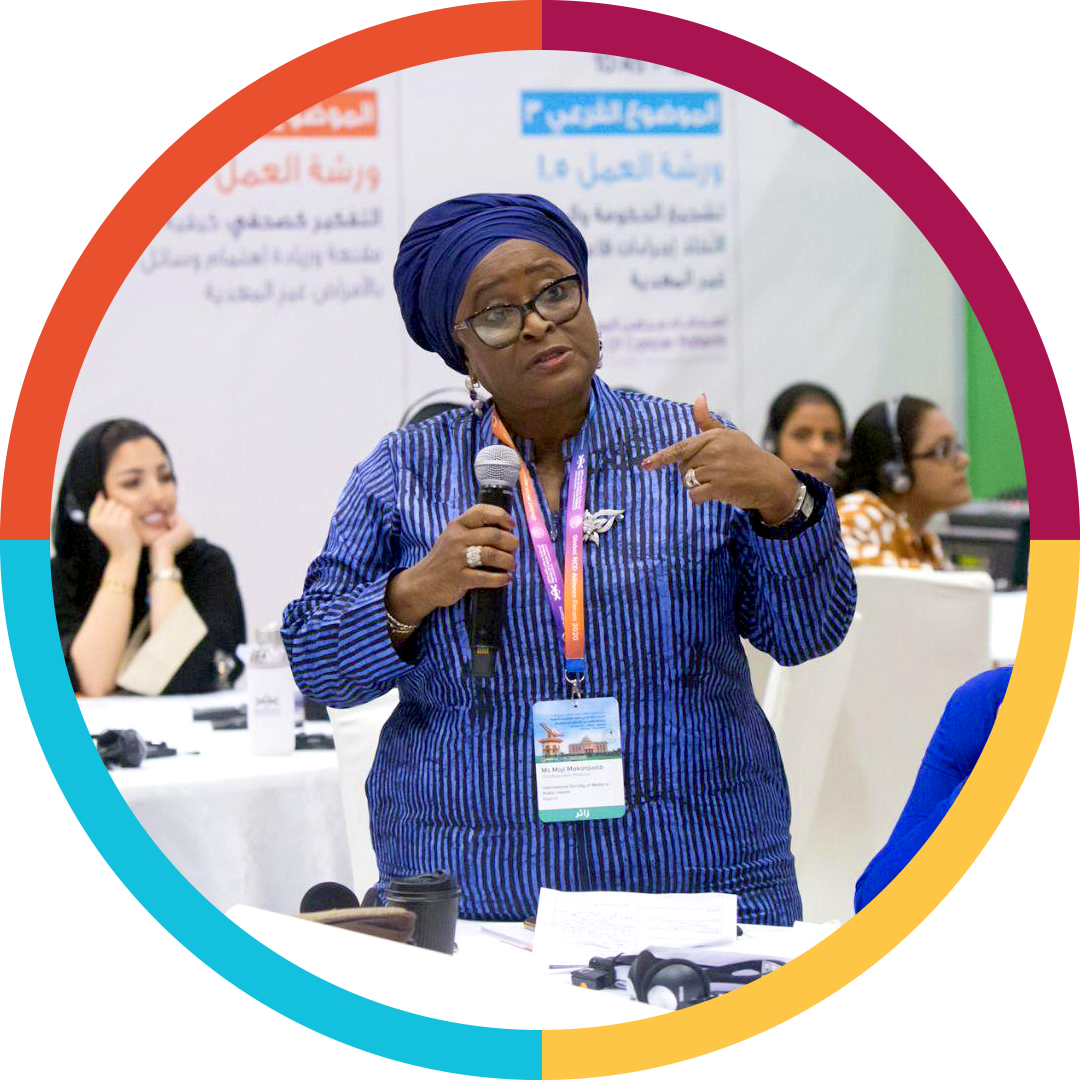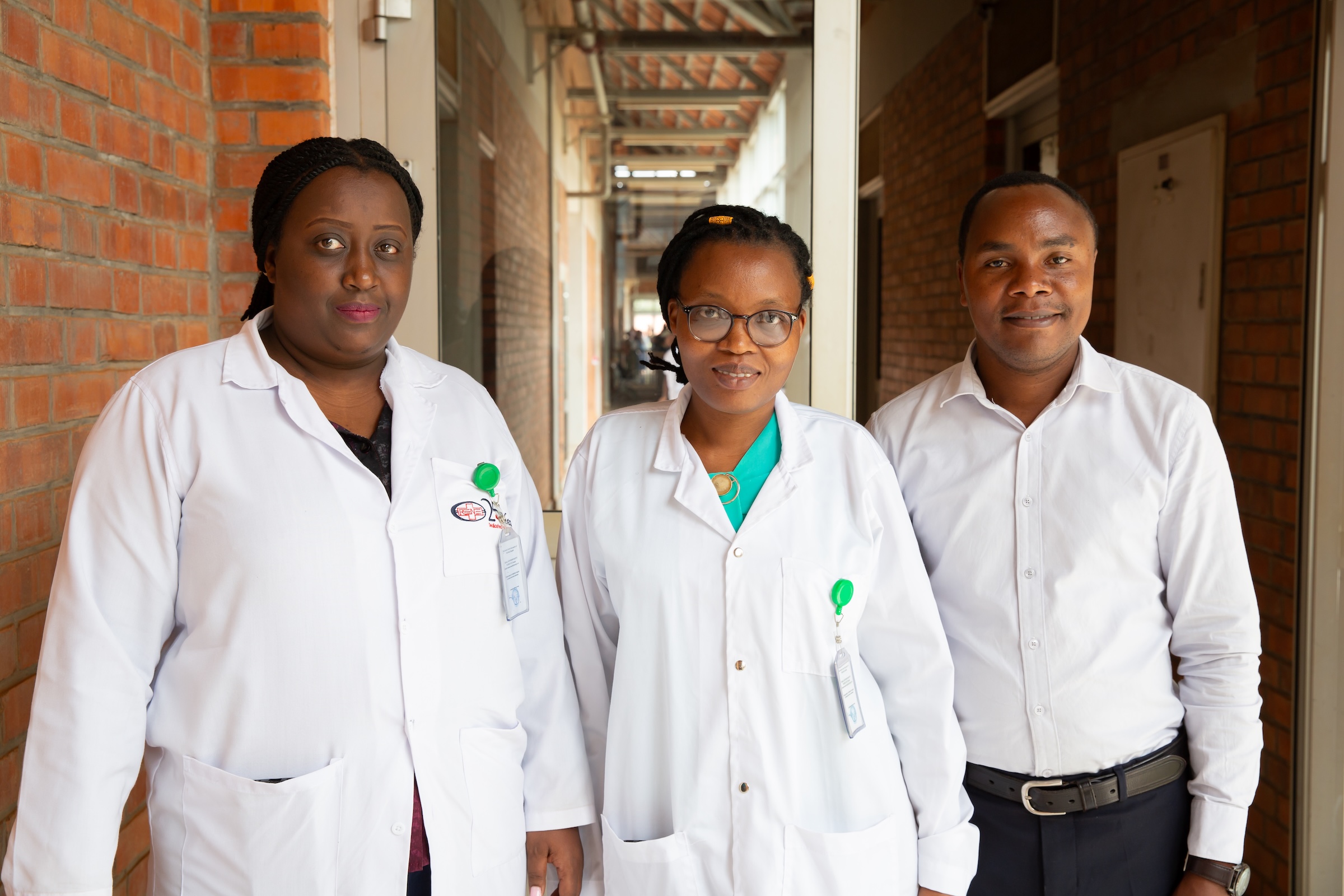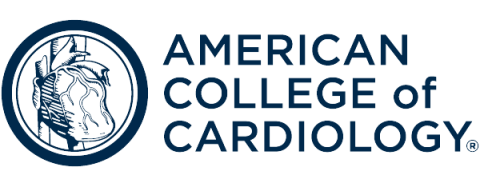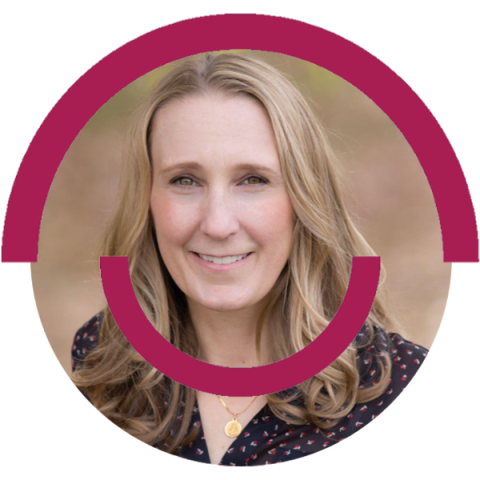As we approach the United Nations General Assembly and the next High-Level Meeting on NCDs and Mental Health (HLM4), both in September 2025, the urgency to strengthen health systems through people has never been more apparent. NCDs are no longer isolated challenges; they are interconnected threats that require an integrated, holistic response. Central to that response is investment in the health workforce: the clinicians, nurses, community health workers, and advocates who are the backbone of all health systems.
At the American College of Cardiology, we view the continuum of NCD care as a comprehensive support system that ranges from early diagnosis and patient empowerment to long term disease management. As part of our continued effort to understand and meet the needs of the health workforce, we recently conducted a global survey to map clinical capacity, barriers to care, and training needs across geographies. The results reinforce what we’ve long suspected: clinicians everywhere are ready to lead, but they need more support, better training, more inclusive systems, and sustainable pathways for professional growth and leadership.
Recognising that people are in charge of their own health, we developed CardioSmart, a resource that educates and empowers patients to take control of their cardiovascular health. With sponsorship from Viatris, we launched the NCD Academy to equip front line healthcare workers with the knowledge and tools critical for delivering person-centred, integrated care across NCDs. For clinicians, our various diagnostic training programmes build specialised expertise in detection, treatment, and best practices. Together, these tools offer a comprehensive model that supports both patient and provider at every step of care.
The NCD Academy was created to address a pressing gap: the lack of accessible, practical education for providers in low-resource settings. The platform has expanded in the past few years from core clinical topics to include modules on advocacy, equity, and care integration, empowering providers to not just treat disease, but to lead. We realised that education alone wasn’t enough. If we want to mobilise true leadership in the fight against NCDs, we must train not just skilled providers, but skilled advocates. By helping frontline health workers recognise and act on the structural inequities of poor health, such as poverty, racism, and gender discrimination, we are building a global network of NCD champions.
One such example comes from Hobbs, New Mexico, where the NCD Academy is being used to train community health workers to lead NCD prevention and management in underserved communities. So far, 10 community health workers have been trained using NCD Academy resources and in turn have hosted 13 workshops with over 270 community members reached across rural New Mexico. Community health workers are often the first and only point of care for those in rural areas. Providing them with access to high quality, context relevant education strengthens the health system from the ground up.
In partnership with Edwards Lifesciences and the Kenyan Cardiac Society, we have carved out a unique role in building local capacity to detect and act on structural heart disease through hands on clinician training. Before our programme launched, there was no national sonographer curriculum in Kenya. The course includes in person training, asynchronous skill development, and closes with an assessment in which those who pass receive a certificate. The course enhances the health system by producing a cadre of diagnostic specialists who are equipped to better serve their communities and provide income.
It’s not just about investing in courses or technology. It’s about investing in people, particularly those working at community level, who are in many cases the first and only point of contact for NCD care. It means recognising the vital role of community health workers and peer support networks in prevention, treatment, and palliative care. It means creating space for people living with NCDs to co-lead change.
As we advocate for more financing and policy attention on NCDs at the global level, we must also turn our attention to local champions who are holding overburdened health systems together. Those who are continuously innovating with few resources. The ones ready to lead the charge but waiting for us to invest in their greater potential.
Leadership is already happening. Now we must mobilise investment to train, support, and scale it.
Main picture: Medical Doctor Liesse Florence Irakoze and nurse Rachel Nirere from the Masaka District Hospital (Rwanda) with Nagoya Gideon from Partners in Health/NCDI Network. The hospital provides decentralised services for type 1 diabetes, childhood heart disease, and sickle cell disease, in a scheme known as PEN-Plus, a complementary programme to PEN in low-resource settings. Implementation is supported by the NCDI Poverty Network.







